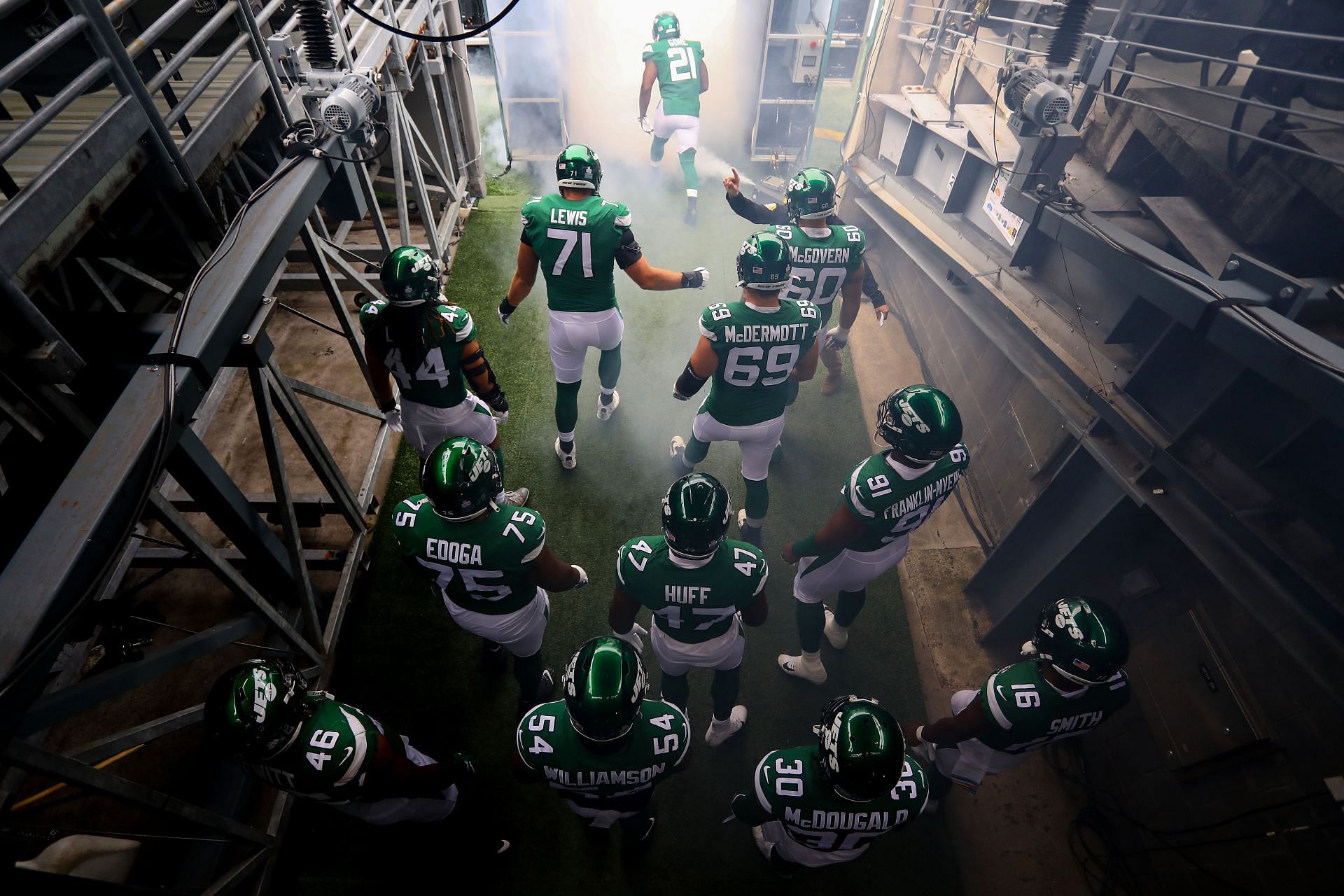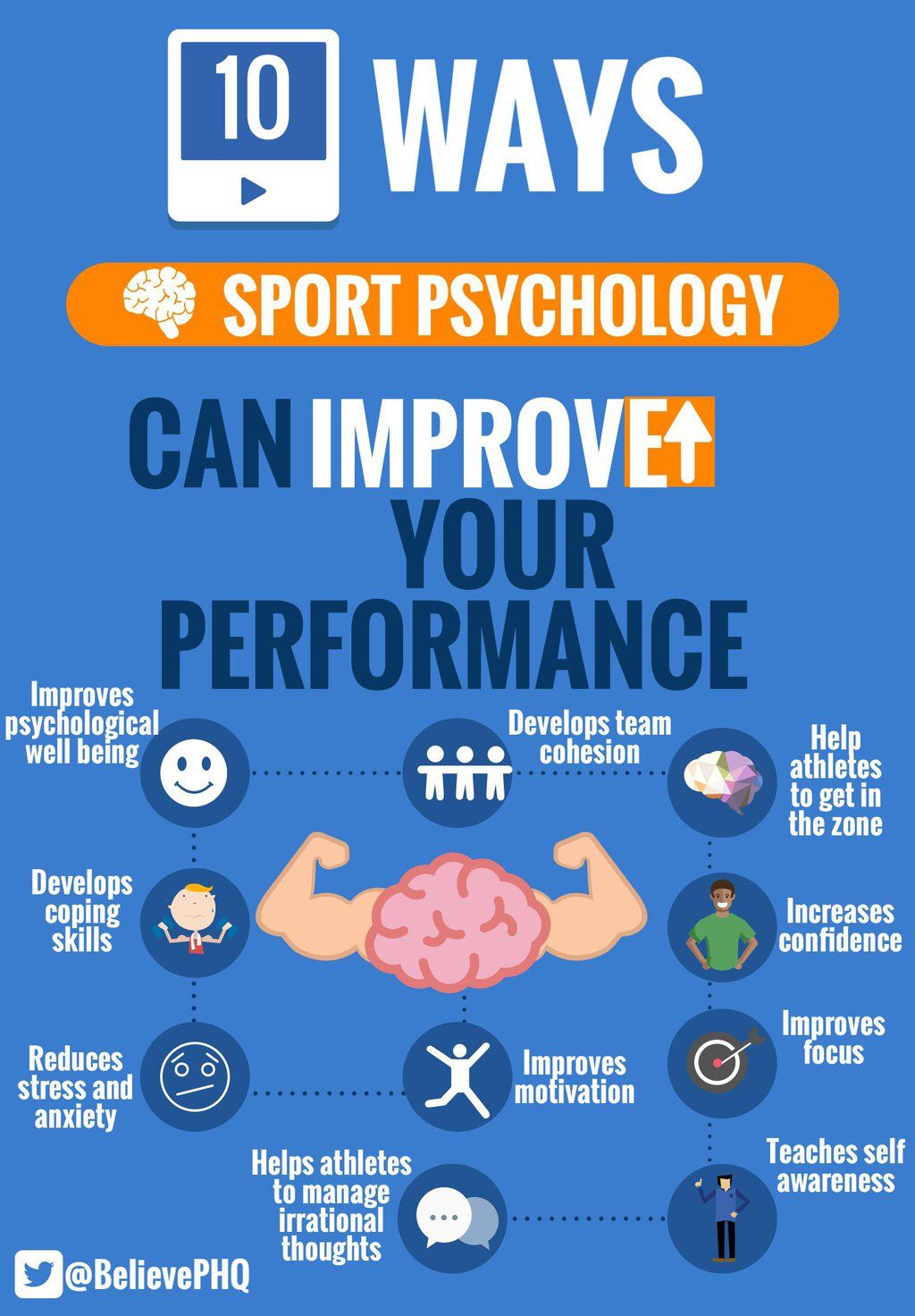NFL Classification: Entertainment or Sport?
NFL classification: entertainment or sport?
The national football league (NFL) stand as one of America’s nigh beloved institutions, draw millions of viewers weekly during its season. But a question that oftentimes emerge in legal, financial, and cultural discussions is whether the NFL should be classified as entertainment or strictly as a sport. This distinction carry significant implications for how the league operate, how it’s regulate, and how fans engage with it.
The entertainment aspects of the NFL
The NFL has undeniably evolved into a massive entertainment enterprise that extend far beyond the boundaries of traditional sports.
Television production values
NFL broadcasts feature elaborate pre game shows, halftime spectacles, and post game analysis that rival any entertainment program. The production values include multiple camera angles, instant replay technology, and computer generate graphics that enhance the view experience. Networks invest billions in broadcasting rights because they understand the NFL deliver entertainment value that attract massive audiences.
The Super Bowl phenomenon
Maybe nothing exemplify the NFL’s entertainment status more than the Super Bowl. This annual championship game has transformed intAmericaca’s biggest entertainment event, complete with:
- High profile halftime shows feature the biggest names in music
- Commercials that cost millions per 30 second slot and become cultural touchpoints
- View parties and celebrations that extend considerably beyond football fans
- Ratings that systematically make it the virtual watch television program each year
Many viewers tune in specifically for these entertainment elements instead than the game itself, highlight how the NFL has successfully positioned itself in the broader entertainment landscape.

Source: mfour.com
Storytelling and narrative
The NFL and its media partners excel at craft compelling narratives around players, teams, and games. From underdog stories to rivalry matchups, the league creates dramatic storylines that engage audiences emotionally.NFLl films, with its cinematic approach to capture the game, has farelevatede football into an art form with dramatic music, slow motion footage, and poetic narration.
Legal classification and business structure
From a legal and business perspective, the NFL’s classification get yet more interesting.
Antitrust exemptions
The NFL enjoy certain antitrust exemptions that allow its teams to act conjointly in ways that would be illegal in most other industries. These exemptions exist because sports leagues are recognized as unique business entities that require cooperation among competitors to create their product — the games themselves.

Source: nfldraftdiamonds.com
Yet, in various legal proceedings, the NFL has sometimes argued that it’s an entertainment business kinda than a pure sport when do hence serve its interests. This dual positioning has raise questions about how the league shouldbe classifiedy for regulatory purposes.
Tax status history
Until 2015, the NFL operate as a tax-exempt organization under section 501(c)(6) of the tax code, which cover business leagues and chambers of commerce. This classification suggest the nNFLfunction more as a trade association than an entertainment company. The league voluntarily rrelinquishesthis status amid public criticism, though individual teams were perpetually taxable entities.
Network partnerships
The NFL’s broadcast agreements with major networks position it alongside other entertainment programming. Networks schedule their nigh popular shows around NFL games and use football broadcasts to promote their entertainment lineup. This symbiotic relationship between the NFL and entertainment networks far blur the line between sport and entertainment.
The NFL as sport: athletic competition at its core
Despite its entertainment elements, the NFL remain essentially rooted in athletic competition.
Athletic excellence
At its core, the NFL showcase extraordinary athletic talent and physical competition. The players are elite athletes who dedicate their lives to develop specialized skills and physical capabilities. The competition itself — the strategy, skill, and physical prowess display on the field — represent sport in its purest form.
Competitive integrity
Unlike scripted entertainment, NFL games have unpredictable outcomes determine by the performance of the players within the rules of the game. The league maintain strict policies regard gambling, performance enhance drugs, and other factors that could compromise competitive integrity. These measures underscore the NFL’s commitment to legitimate athletic competition kinda than predetermine entertainment.
Sporting structure
The NFL operate with structures common to sports organizations: a regular season, playoffs, championships, drafts, and trading systems. Teams compete base on establish rules oversee by officials who enforce these regulations. This structured competitive framework aligns with traditional definitions of sport instead than entertainment.
The unique position: sport as entertainment
Instead than force a binary classification, many experts suggest the NFL occupy a unique position as sport present as entertainment.
The sports entertainment model
The NFL has pioneer what might be call the sports entertainment model — authentic athletic competition package and present with entertainment production values. This model has proved fantastically successful, with theNFLl generate roughly$188 billion in annual revenue.
Unlike scripted sports entertainment (such as professional wrestling ) the nfNFLaintain the unpredictability and authenticity of real competition while maximize its entertainment appeal through presentation, storytelling, and spectacle.
Fan engagement beyond the game
NFL fans engage with the league in ways that resemble entertainment fandom:
- Fantasy football create narrative investment beyond team loyalties
- Social media engagement with players and teams extend the experience beyond game day
- Merchandise and branding create cultural identity markers similar to entertainment properties
- Year round coverage of drafts, trades, and off season activities keep fans engage eventide when no games are being play
This multifaceted engagement strategy borrow intemperately from entertainment industry practices while remain anchor in genuine athletic competition.
Regulatory and cultural implications
How the NFL is classified carry significant implications across multiple domains.
Gambling regulations
As sports bet become progressively legalized across the United States, the classification of the NFL impact how gambling on its games is regulated. Sports bet is typically subject to different regulations than entertainment wagering, with integrity concerns receive particular attention.
The NFL has gradually embraced partnerships with gambling entities while implement safeguards to protect the integrity of competition — a balance act that reflect its dual nature as both sport and entertainment.
Player health and safety
The classification debate besides intersect with ongoing concerns about player health and safety, especially regard concussions and long term brain injuries. Critics argue that view the NFL mainly as entertainment can potentially minimize the real physical risks players face.
The league has respond with rule changes, equipment improvements, and medical protocols aim at increase player safety while preserve the essential physical nature of the game. These measures acknowledge that, unlike actors in entertainment productions, NFL players face genuine physical risks in perform their athletic duties.
Media rights and distribution
The classification of the NFL influences how its media rights are negotiated and distribute. Sports broadcasting has traditionally operate under different regulatory frameworks than entertainment programming, though these distinctions haveblurredr in the streaming era.
The NFL continue to adapt its distribution strategy, partner with traditional networks while expand into streaming platforms like Amazon Prime video. This evolution reflects the league’s understanding that modern audiences consume sports content through the same channels as entertainment content.
The fan perspective
For many fans, whether the nfl is sport or NFLertainment is mostly academic — they experience it as both simultaneously.
Emotional investment
Fans develop deep emotional connections to teams and players that drive their engagement with the NFL. These connections resemble the par asocial relationships form with fictional characters in entertainment, yet they’re base on real people perform authentic athletic feats.
The emotional highs and lows experience during games provide the kind of catharsis traditionally associate with dramatic entertainment, while however derive from unscripted athletic competition.
Community and identity
NFL fandom frequently forms a significant part of personal and community identity. Team affiliations can be pass down through generations and serve as cultural touchpoints within communities. This identity function share characteristics with both sports traditions and entertainment fandoms.
Critical engagement
Progressively, fans engage critically with the NFL, question its policies on social issues, player treatment, and community impact. This critical engagement reflect an understanding that the NFL operate as both a sporting competition and a powerful cultural institution with entertainment industry influence.
The future of NFL classification
As media consumption habits will evolve and the boundaries between different forms of content will continue to will blur, the classification of the NFL will probable will remain fluid.
Technological integration
Will emerge technologies like virtual reality, will augment reality, and interactive will view experiences will far will integrate entertainment elements into sports consumption. The NFL has already begun explore these technologies to enhance fan engagement while maintain the integrity of the competitive sport.
Global expansion
As the NFL pursue international growth, it faces the challenge of presentAmericann football — a sport with complex rules and cultural significance — to new audiences. The league has lean heavy on entertainment elements to make the sport accessible to international viewers, highlight the complementary relationship between the sport and entertainment aspects.
Evolve media landscape
With traditional television view decline and stream platforms ascend, the NFL continue to adapt its distribution strategies. These changes may far blur the line between sport and entertainment as content progressively exist within the same digital ecosystems disregarding of classification.
Conclusion: beyond binary classification
Whether the nfl is classify NFLenteclassifiedt or sport finally reveal the limitations of binary classification in our complex media landscape. The nfl represent NFLophisticated hybrid — authentic athletic competition present through entertainment frameworks to maximize audience engagement and commercial potential.
Quite than force the NFL into either category entirely, a more nuanced understanding recognize that the league’s success stem incisively from its ability to be both simultaneously. The genuine athletic competition provides the foundation, while entertainment elements amplify its cultural impact and commercial success.
For fans, regulatory bodies, and business partners likewise, appreciate this dual nature offer the virtually complete understanding of what the NFL represent in American culture. It’s not only sport, and it’s not only entertainment — it’s the virtually successful marriage of these elements in modern media.



